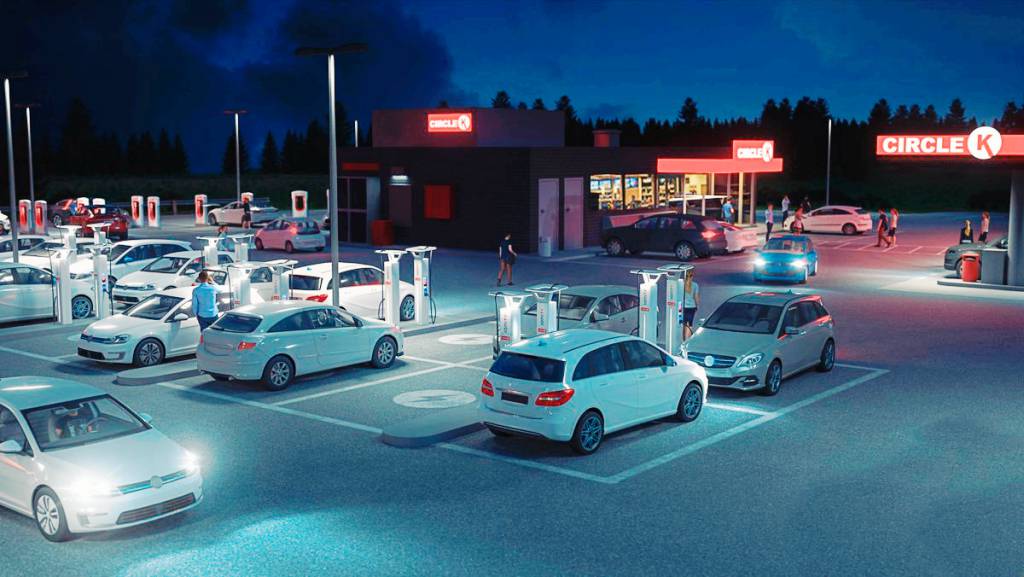Bloomberg has had access to the draft program where the European Union is preparing to achieve the most sustainable way out of the crisis. A project that is surprising for the ambition of its approach in sections such as the electric car, which will receive a definitive boost already in the next two years.
This project will be divided into several fronts. On one hand, manufacturers who choose to produce electric cars will be able to access extra aid and financing. This will help them to recover from the enormous impact of the health crisis and the one that will come later.
Something that in practice will facilitate the plans to eliminate diesel and gasoline proposals from the different ranges, to replace them with electric cars. Something that was already underway but could now be accelerated thanks to the impulse from the European administration that hopes to invest between 40,000 and 60,000 million in this program. This would result in the development of new electric models and with it the expansion of the available offer.
The EU is also aware that car sales will continue to be weak without a useful charging network. That is why it is preparing a plant to drastically expand said infrastructure, with the installation of 2 million public recharging points in the next five years.
Once the supply of vehicles is deployed, the recharging network, it is the turn of the question of the purchase of those vehicles. For this, Europe prepares an endowment of some 20,000 million euros in the next two years for the states to expand or launch aid programs for the purchase of electricity.
Furthermore, in a move that for many is crucial and a turning point, Brussels will enable states to apply the VAT exemption to electric cars. A tool that, as we have seen in the case of Norway, has been essential to achieving a rapid implementation of sustainable forms of mobility.
A massive effort that from Europe they hope will serve to shoot both the supply and sales of electric cars in the coming years. This will undoubtedly have a cascade of consequences such as more significant investment in new technologies, renewable energy, the decrease in emissions, as well as the consequent reduction in oil consumption and energy dependence of future generations.

